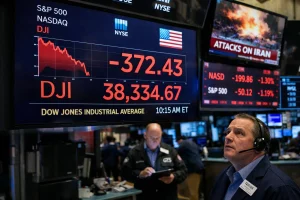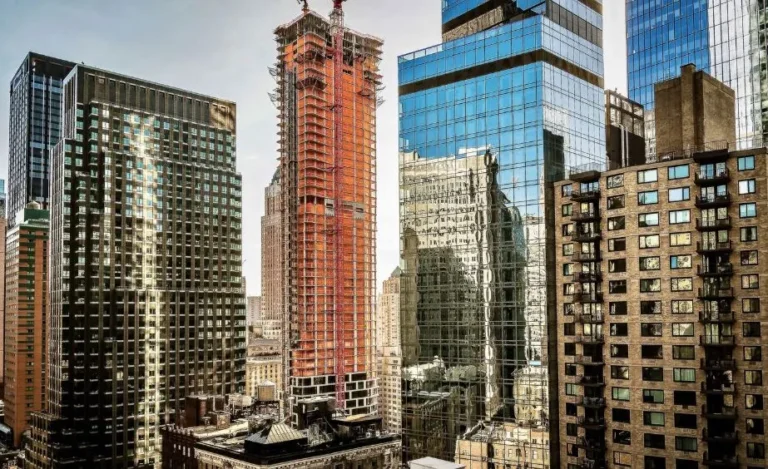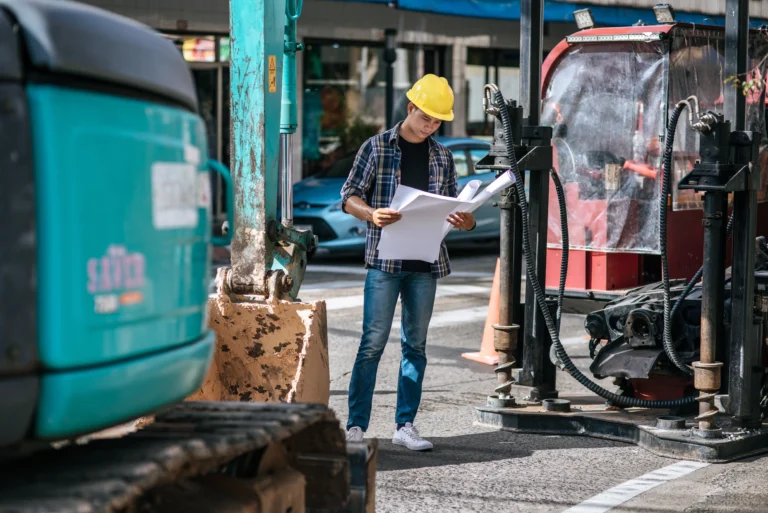U.S. DOT announces interim final rule banning race- and sex-based contracting requirements in federal grants.
The U.S. Department of Transportation (DOT) has issued a statement declaring an Interim Final Rule (IFR) that prohibits contracting requirements based on race and sex within federal grant programs, reaffirming its commitment to civil rights and the responsible use of taxpayer funds.
As a result of this move, the federal government will be withholding $18 billion allocated to the reconstruction projects in New York, specifically the Hudson Tunnel and the Second Avenue Subway, according to the statement released by the DOT.
DOT administrative review: rejection of the DBE program
The Department of Transportation has launched an administrative review of two key infrastructure projects to determine whether they are implementing unconstitutional practices. Until the review is completed, federal reimbursements will be suspended, the agency reported. However, the IFR announcement came just hours after the government shutdown was enacted, which could further delay the process and leave both projects stuck in bureaucratic limbo.
The Department is focusing on these projects because they are among the largest infrastructure initiatives in the country, and the American public is expecting quick and efficient results. Nevertheless, the progress of these projects is on hold until the DOT completes its expedited review.
Secretary Duffy’s position on the Disadvantaged Business Enterprise (DBE) program is unequivocal. According to statements from both Duffy and the Department, “subsidizing infrastructure contracts with taxpayer money based on discriminatory principles is unconstitutional, contrary to civil rights laws, and a misuse of public resources.”
The DBE program was created by the DOT over 20 years ago with the aim of promoting the participation of small businesses that are socially and economically disadvantaged in federally funded transportation projects. However, the Department argues that many of these projects involve workers who are undocumented or have pending immigration status. While the program was intended to create more equitable conditions, the DOT asserts that federal funds should not be used to favor individuals who are not U.S. citizens.
Federal friction
This situation highlights the ongoing tensions between federal funding requirements and local practices, as the DOT seeks to enforce civil rights standards while navigating a politically charged environment. As the review progresses, the American public continues to await the efficient and effective completion of these critical infrastructure projects.
“This is yet another unfortunate consequence of the reckless decision by radical Democrats to hold the federal government hostage in order to grant benefits to illegal immigrants,” the Department of Transportation stated in its release.

Middle East Conflict: Impact on Diesel Prices and What U.S. Truckers Should Expect
The escalation of conflict in the Middle East has pushed crude oil prices toward $80 per barrel, reigniting global energy volatility. For the U.S. trucking

The best roadside attractions for truckers in the U.S.
America’s highways hide unique places that break up the routine, don’t hesitate to check out these roadside attractions along the way. The road is much

The trucker style: comfort, function, and identity
Truckers’ style is much more than workwear; it’s an identity. These are the most commonly worn garments among truckers. Truckers’ style is much more than

Chaos on Highway 61: Viral Wrong-Way Truck Video Reignites the CDL Debate
An 80-ton tractor-trailer traveling miles in the wrong direction on Missouri’s Highway 61 has reignited a nationwide debate over Commercial Driver’s License (CDL) standards, training

How technology affects driver retention
Friend or foe? 52% of drivers say technology directly influences their decision to stay with or leave a fleet. Fleet telematics company Platform Science published

Dalilah Law seeks to remove non-english speaking commercial drivers
President Donald Trump proposed the “Dalilah Law,” an initiative aimed at prohibiting undocumented immigrants from obtaining commercial driver’s licenses. On February 24, President Donald Trump
All content and original artwork, unless otherwise noted, is protected by copyright. Saint George uses certain images under license from various licensing vendors for this purpose. Any unauthorized commercial reproduction or distribution of copyrighted materials is prohibited.


